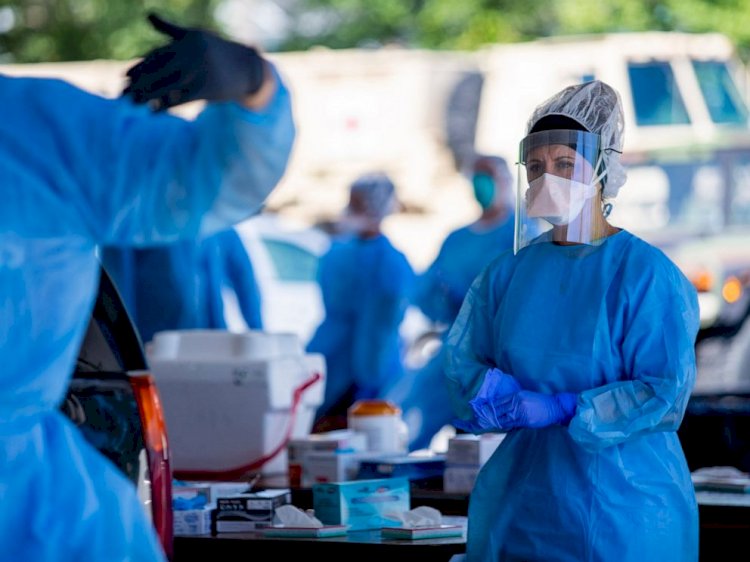Covid-19 Reveals shortfalls in the health care sector
Covid-19 Reveals shortfalls in the health care sector

The Covid-19 pandemic has revealed gaps in health services in many African countries that need immediate attention. African governments will tackle immediate health-care shortages to meet the demands of their populations' pandemic Covid-19 and emerging healthcare needs. They will act to ensure the right of everyone to health is compatible with international human rights law, including the African Charter on the Rights of Human and Peoples.
"The emerging global health crisis arising from the spread of the novel coronavirus has illustrated the need for member states of the African Union ( AU) to carefully examine the current state of their healthcare system and make significant investments to enhance access to quality healthcare," said Carine Kaneza Nantulya, Africa's Human Rights Watch advocacy chief. Human Rights Watch interviewed African health experts in April and May 2020, including pathologists, epidemiologists and officials in charge of public health. They said resource insufficiencies are due to inadequate government funding in health, which in turn affects health workers' ability to perform their duties.
The health experts and members of interviewed human rights organizations said that a persistent lack of investment in healthcare facilities and equipment has made it more difficult for African nations to maintain qualified healthcare staff, provide critical medicines and that the mortality rates of perennial diseases such as malaria. As of 8 June 187, 875 cases of Covid-19 had been recorded across 54 African countries, according to the World Health Organization (WHO). The global health agency cautioned on May 7 that if the disease is not controlled, Approx. 190,000 people in the region may die, and up to 44 million could become infected.
Lack of access to research hinders attempts to save lives, some experts have said to Human Rights Watch. Although many African countries reacted rapidly by taking steps to slow the spread of the pandemic, many still lack the ability to monitor Covid-19, isolate people with confirmed or suspected cases, track contacts, and treat those with serious disease.
Just three countries had exceeded the % pledged, according to a subsequent study published in 2013: Botswana (17 %), Rwanda (20 %), and Zambia (16 %). The Pan-African Parliament and the WHO Regional Office for Africa announced in 2019 that African governments should ensure the right to health for all and increase domestic funding for HIV prevention and treatment as well as overall health.
Norman Matara, a Zimbabwean doctor, has told Human Rights Watch that the Abuja Declaration must be taken seriously by African governments. "We purchase state-of-the-art military hardware when you look at the defense budget and this is not about poverty; it is about real political engagement," he said. "We are weak in our health sector .... That is not something that's going to improve overnight. But if we invest continuously we will see progressive, then full, realization of the right to health.
Under international human rights law the right to health is a basic right. It is also a vital component of the UN Sustainable Development Goals ( SDGs), and is accepted around the world in at least 115 constitutions, including the 55 AU member countries. A core priority of the AU's Agenda 2063, the institution's master plan for democratic governance and sustainable growth, is ensuring that people are safe and that appropriate investment is made to improve access to quality health care.
Article 16 of the African Charter on Human and Peoples' Rights guarantees every individual's right to enjoy the best physical and mental health status attainable. The charter says AU member states should take the appropriate steps to protect their people's health and ensure that health services, products, and facilities are affordable , accessible, and of good quality.



























